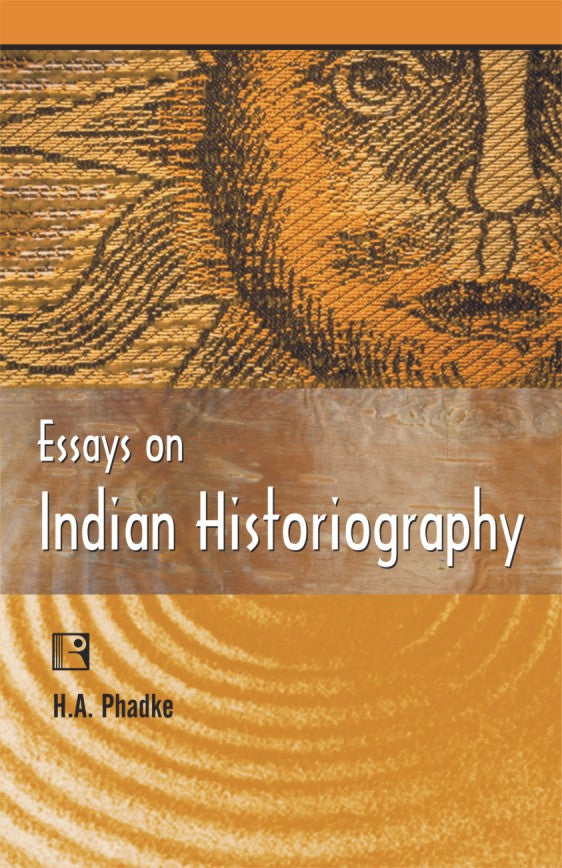Essays of Indian Histriography
Essays of Indian Histriography is backordered and will ship as soon as it is back in stock.
Couldn't load pickup availability
Genuine Products Guarantee
Genuine Products Guarantee
We guarantee 100% genuine products, and if proven otherwise, we will compensate you with 10 times the product's cost.
Delivery and Shipping
Delivery and Shipping
Products are generally ready for dispatch within 1 day and typically reach you in 3 to 5 days.
Book Details
-
Author: H.A. Phadke
-
Publisher: Rawat Publications
-
Binding: Hardcover
-
Edition: 2005
-
ISBN: 9788170339250
-
Pages: 208
-
Language: English
-
Sale Territory: India
-
Dimensions: 8.7 x 5.7 x 0.7 inches
About the Book
Essays on Indian Historiography offers an insightful exploration of the complex issues that have shaped Indian historiography, influencing the cultural, social, intellectual, and political spheres of the country. H.A. Phadke’s work delves deep into significant historical topics that have held relevance throughout Indian history.
The book discusses the central philosophy of the Gita and its continuing relevance in contemporary society, Vyasa's pivotal role as the founder of Indian historical tradition, and the perennial challenge of dating early Indian history. Additionally, it examines sati, the controversial practice of widow-immolation, and the ongoing national debate around Ayodhya, two issues that have deeply influenced India’s historical narrative.
Phadke also explores historical geography, offering a scholarly look at the development of the historical geography of ancient Punjab, and highlights trends in the historiography of the region. The book covers themes such as national integration, the role of Nehru’s rationalism, and the growth of intellectual movements in western India, all contributing to a profound understanding of the intellectual currents that have shaped modern India.
Each essay in the book brings a fresh perspective on India’s historiographical development, and scholars, researchers, and students of Indian history and culture will find this work a valuable resource in understanding the nuances of the country's historiographical landscape.





